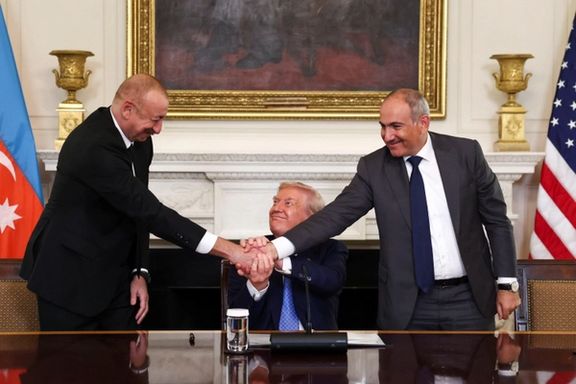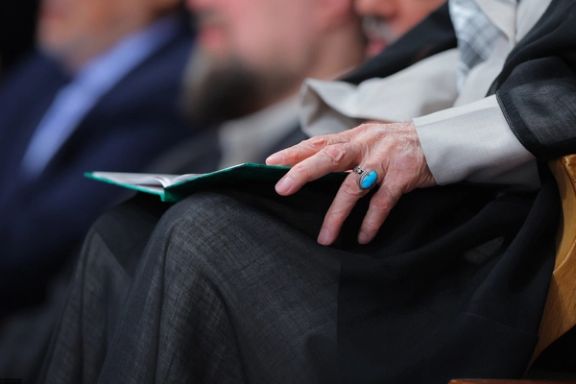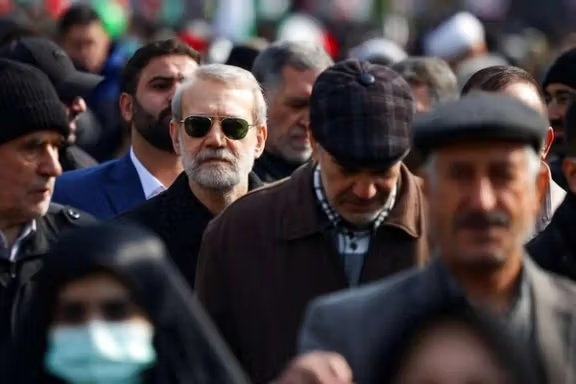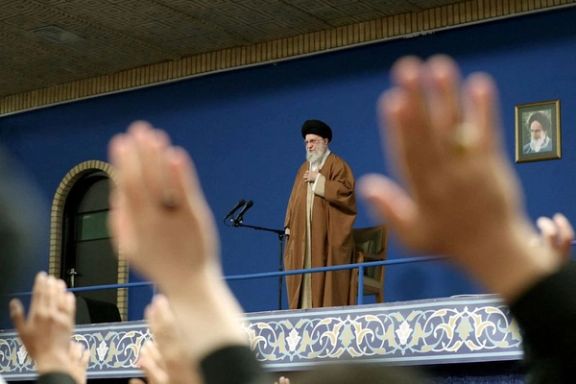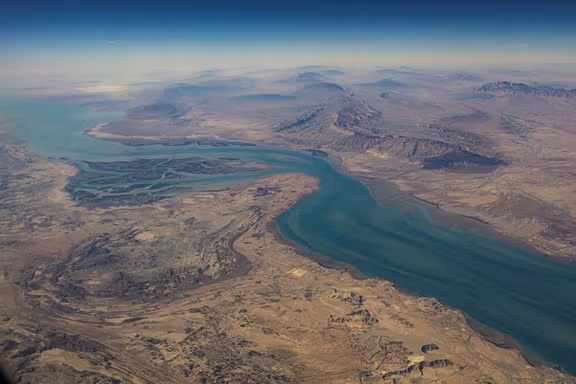“We’re seeing the leadership desperate and flailing away in various ways to try and preserve its control and its hold on power,” he said. “Whether you stand up the defense council, whether you change the name of the currency ... the ship is still sinking.”
Khodorkovsky served as Deputy Assistant Secretary of State during the first Trump administration, working closely with the Special Representative for Iran on the administration’s “maximum pressure” campaign.
Born in the Soviet Union, he emigrated to the United States as a child after experiencing life under the communist system. From abroad, he watched the country of his birth unravel — a collapse that, he says, offers lessons for Iran today.
His prediction rests on a convergence of forces the leadership cannot reverse: an economy in freefall, a public that has lost faith in the system, and leaders resorting to cosmetic moves to mask deep structural decay.
Drawing on the lessons of the Soviet collapse, he argued that once cracks appear in an authoritarian system, its fall can come faster than expected.
Iranian officials framing: “Wartime necessity”
Iranian state media has portrayed the council — approved August 3 by the Supreme National Security Council (SNSC) under Article 176 of the constitution — as a crucial wartime measure.
Chaired by the president, it includes the heads of the judiciary and parliament, senior military commanders, key ministers, and two representatives of Supreme Leader Ali Khamenei.
Veteran lawmaker Alaeddin Boroujerdi called it “necessary given the current wartime situation,” saying it would allow military and defense decisions to be made “in a concentrated manner” during critical moments. Esmaeil Kowsari, a former Revolutionary Guards commander, said it would speed the chain of command and “with timely strikes, suppress threats.”
The revival of such a body — last active during the 1980–88 Iran–Iraq War — follows a 12-day war with Israel in June, during which Iranian military and nuclear facilities were hit by Israeli and US strikes.
Larijani’s return: rebrand, not reboot
Two days after the council’s creation, President Masoud Pezeshkian appointed Ali Larijani as SNSC secretary.
Khamenei quickly followed, naming Larijani his personal representative to the body. A political veteran, Larijani previously served as SNSC secretary from 2005 to 2007, was speaker of parliament for over a decade, and has long been an adviser to the Supreme Leader.
Khodorkovsky said Larijani’s appointment will not change the system’s trajectory. “They’re trying to look strong externally, but internally the system is rotting,” he said. “The personnel changes are cosmetic — the fundamentals are the same.”
Mounting internal strain
Iran’s ruling system is buckling under severe economic pressure. The rial has collapsed—dropping from around 300,000 per USD in 2020 to over 1 million in early 2025—losing more than 80 percent of its value. Inflation remains among the highest in the world.
A nationwide truckers’ strike began on May 22, 2025, in Bandar Abbas, a key southern port city on the Persian Gulf, spreading within days to more than 155 cities across all 31 provinces by June 1.
The strike brought key transport routes to a halt and drew public sympathy as a flashpoint of economic and social discontent.
Since the June war with Israel, Iran has seen no major uprisings — only scattered strikes and protests amid a heavy security presence.
Authorities have intensified arrests of activists, expanded surveillance, and deployed security forces in restive provinces to deter gatherings.
Against this backdrop, the truckers’ strike has been the most visible form of unrest, reflecting deep and widespread grievances across the population.
For Khodorkovsky, these are the real forces eroding the state’s foundations — and they cannot be reversed by councils or reshuffles.
“You can change the faces, you can change the names, you can create new institutions,” he said, “but when the people have turned away and the economy has collapsed, the end is only a matter of time.”
You can watch the full episode of Eye for Iran on YouTube or listen on any major podcast platform like Spotify, Apple, Amazon, or Castbox.
